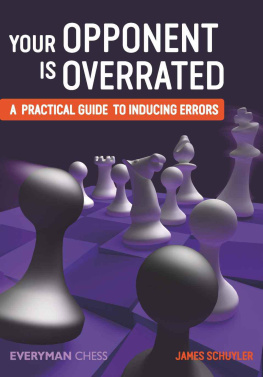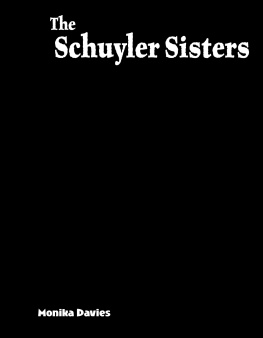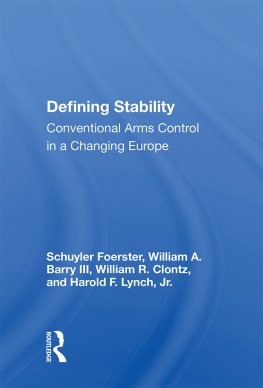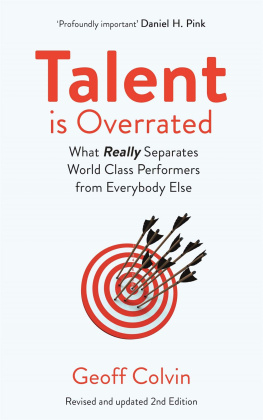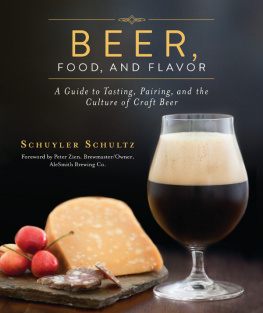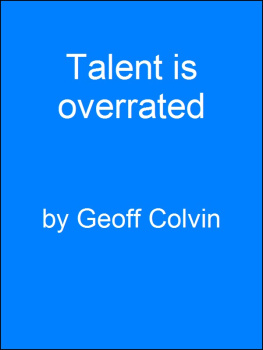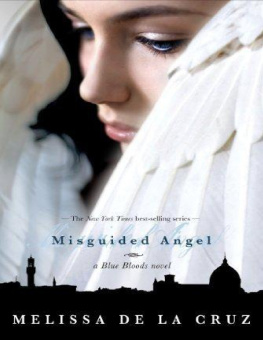James Schuyler - Your Opponent is Overrated
Here you can read online James Schuyler - Your Opponent is Overrated full text of the book (entire story) in english for free. Download pdf and epub, get meaning, cover and reviews about this ebook. publisher: Everyman Chess, genre: Children. Description of the work, (preface) as well as reviews are available. Best literature library LitArk.com created for fans of good reading and offers a wide selection of genres:
Romance novel
Science fiction
Adventure
Detective
Science
History
Home and family
Prose
Art
Politics
Computer
Non-fiction
Religion
Business
Children
Humor
Choose a favorite category and find really read worthwhile books. Enjoy immersion in the world of imagination, feel the emotions of the characters or learn something new for yourself, make an fascinating discovery.
- Book:Your Opponent is Overrated
- Author:
- Publisher:Everyman Chess
- Genre:
- Rating:5 / 5
- Favourites:Add to favourites
- Your mark:
- 100
- 1
- 2
- 3
- 4
- 5
Your Opponent is Overrated: summary, description and annotation
We offer to read an annotation, description, summary or preface (depends on what the author of the book "Your Opponent is Overrated" wrote himself). If you haven't found the necessary information about the book — write in the comments, we will try to find it.
Your Opponent is Overrated — read online for free the complete book (whole text) full work
Below is the text of the book, divided by pages. System saving the place of the last page read, allows you to conveniently read the book "Your Opponent is Overrated" online for free, without having to search again every time where you left off. Put a bookmark, and you can go to the page where you finished reading at any time.
Font size:
Interval:
Bookmark:

First published in 2016 by Gloucester Publishers Limited, Northburgh House,
10 Northburgh Street, London EC1V 0AT
Copyright 2016 James Schuyler
The right of James Schuyler to be identified as the author of this work has been
asserted in accordance with the Copyrights, Designs and Patents Act 1988.
All rights reserved. No part of this publication may be reproduced, stored in a
retrieval system or transmitted in any form or by any means, electronic,
electrostatic, magnetic tape, photocopying, recording or otherwise,
without prior permission of the publisher.
British Library Cataloguing-in-Publication Data
A catalogue record for this book is available from the British Library.
ISBN Kindle: 978-1-78194-353-3
ISBN epub: 978-1-78194-354-0
Distributed in North America by National Book Network,
15200 NBN Way, Blue Ridge Summit, PA 17214. Ph: 717.794.3800.
Distributed in Europe by Central Books Ltd.,
Central Books Ltd, 50 Freshwater Road, Chadwell Heath, London , RM8 1RX.
All other sales enquiries should be directed to Everyman Chess,
Northburgh House, 10 Northburgh Street, London EC1V 0AT
email: info@everymanchess.com; website: www.everymanchess.com
Everyman is the registered trade mark of Random House Inc. and is used in this work under licence from Random House Inc.
Everyman Chess Series
Chief advisor: Byron Jacobs
Commissioning editor: John Emms
Assistant editor: Richard Palliser
Typeset and edited by First Rank Publishing, Brighton.
Cover design by Horatio Monteverde.
Printed by TJ International Limited, Padstow, Cornwall.
About the Author
James Schuyler is a FIDE Master. He was Nevada State Champion in 2007 and won the Virginia State Championship in both 2011 and 2012. He has been teaching chess for over 25 years.
Also by the Author:
The Dark Knight System
This book is dedicated to my wife Caroline. Her support has been essential to all my successes, but for this book she went above and beyond.
Contents
Introduction
The Problem
We all play about as well as we can manage, given the amount of effort we can spare for chess. We have our ratings and a certain average percentage of wins (plus draws divided by two) that we can expect depending on the level of our opposition. We read books to improve, and study openings, but after a certain point this doesnt seem to have any impact. Perhaps this is because our study is generally based on the premise that the only road to improving our results is to improve our accuracy. Some of us may need to think about chess in a much different way.
Your Opponent
We have a fallible opponent. Hes messing up every game. Even when he stumbles upon the right moves, its often for the wrong reasons. Id even go so far as to say hes overrated. And yet if we play our normal best game those errors may not appear frequently, and they may not be severe. Surely there is some way to expose his ignorance. But hes familiar with the common tricks and traps. Well need to be subtle. Cagey. Persistent. Overwhelming. So we will not merely go about our business we will at times go out of our way and actively induce errors in our opponents play. Right?
No Draw!
The originally intended title for this book was No Draw! As it turns out, avoiding draws and inducing errors generally amount to the same thing. There is no way to win otherwise drawn games without inducing errors, so it is really the same subject, and I believe I may use the phrases nearly interchangeably.
The benefits of avoiding draws are considerable, even if it does not improve a players results overall. It is a very common occurrence in tournaments that we need to win a particular game. Perhaps there is money on the line, or a tournament title, or a Master title that depends on temporarily achieving a certain rating. Naturally, we want to play as well as we can, but there is an additional consideration because a draw may be worthless, or nearly worthless. Should we play our normal best game, or can we do better by playing differently to avoid a draw? Obviously, it is pointless to avoid draws if all those draws turn into losses, but if some of those draws (lets say about half) can be turned into wins, we increase our chances of achieving our goals. That is what this book is about, though as we go on, we may realize that it is about other things as well. Allow me to elaborate on this, since it helps explain why it might be so important to play fewer draws.
Imagine two players, Mr. Draw and Ms. NoDraw. (See how progressive I am?) Mr. Draw makes the maximum percentage of draws. Therefore, if he plays a player of the same rating, the result is always a draw. If he plays a player in the next higher class, he will lose approximately half the time and draw half the time, while if he plays a player in the next lower class, he will win half the time and draw half the time. Whatever this players skill level, he will never win a tournament unless he is vastly superior to the rest of the field, and he will have a hard time winning prize money, because he will almost never have any exceptionally good results. (This is especially true for Swiss System tournaments, though it also holds true for round robin events.) For the same reasons, his extreme consistency will make it nearly impossible for him to earn the norms that are required for certain prestigious titles.
I dont need this book.
Some players are, consciously or unconsciously, already using many of the ideas, techniques, and attitudes presented here. In my biased opinion, they probably still need this book. Players who are intuitively playing as combatively and competitively as possible need to bring their techniques into their conscious mind in order to gain better control over them. After all, there is a time and a place for everything, and overuse is probably even more dangerous than underuse. As for players who are using all their competitive tools consciously, there is still the danger that they will at some point have a bad result and lose faith, especially since their play will not be properly understood, even by many of their fellow chessplayers. I will present both examples and arguments to buck up the spirits of any disillusioned adventurers.
No Draws Ever?
Some people are very strongly anti-draw, and have even suggested changing the rules of chess to avoid or prohibit draws. I will right now make a distinction between a win oriented attitude, which can be valuable even in games where a win is not essential, and a drawphobic attitude, which can be detrimental even in games where a win is very desirable. I used to be drawphobic myself in my attitudes and play, but this is generally counterproductive. To try to squash draws out of existence or, alternatively, to deny how useful half-points can be to a player is to be at odds with reality, which is always a dangerous thing. Still, if my attitude was somewhat drawphobic, it did help me to develop strategies to avoid them. I firmly believe that it is not at all necessary to produce a large percentage of unwanted draws.
Font size:
Interval:
Bookmark:
Similar books «Your Opponent is Overrated»
Look at similar books to Your Opponent is Overrated. We have selected literature similar in name and meaning in the hope of providing readers with more options to find new, interesting, not yet read works.
Discussion, reviews of the book Your Opponent is Overrated and just readers' own opinions. Leave your comments, write what you think about the work, its meaning or the main characters. Specify what exactly you liked and what you didn't like, and why you think so.

